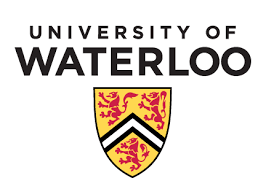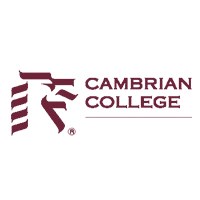Study In
CANADA
Canadian degrees, certificates, and diplomas are widely recognized as equivalent to those in other Commonwealth countries and the USA, with the added benefit of lower study costs. This attracts many students to pursue their studies in Canada each year.

Conestoga College

Selkirk College

Seneca College

McGill University

University of Waterloo

Dalhousie University

Cambrian College

Lambton College

Confederation College

Sheridan College

Fanshawe College

Georgian College

Centennial College

St. Lawrence College





